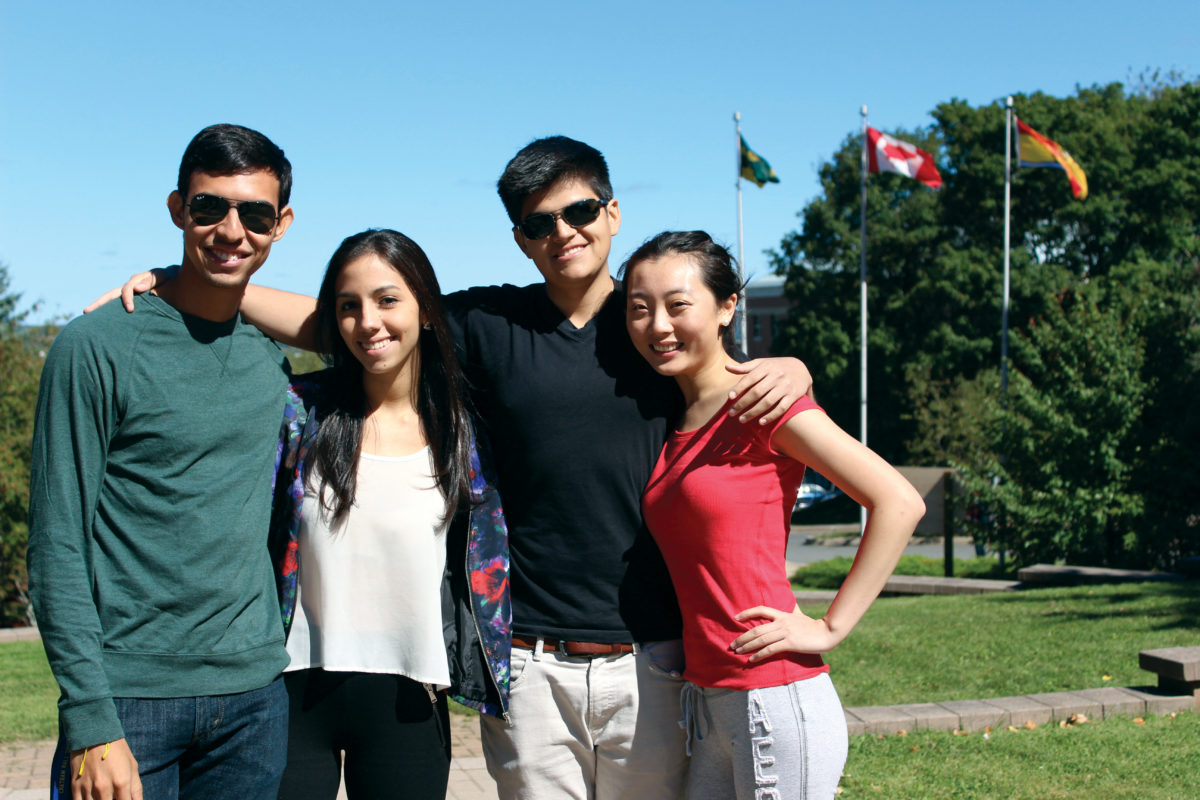Many Atlantic universities are struggling with enrollment, and some are considering dropping the price of international tuition.
St. Thomas history professor Julia Torrie thinks the university should consider it.
“I think in part it seems an issue of fairness,” she said.
“The students are coming for an education and Canada has always seen itself as open to the world.”
Torrie thinks international students benefit the university’s environment.
“I think any university should want to attract as a diverse student body as possible, because part of what students are here to learn about is how other parts of the world work.”
Recently, the University of Ottawa lowered its international tuition to the same amount as domestic students. The Université de Moncton’s students have expressed that they would like the same.
At St. Thomas University, tuition for one year for Canadians is $5,552 and $13,192 for international students.
Spokesperson for St. Thomas University Jeffrey Carleton said STU has no plan to lower international tuition.
“It’s nothing that we’re considering now because of the way that the funding formula and the operating grant is set up with our provincial government.”
He said St. Thomas University only receives revenue from the province for domestic students; the operating grant does not cover international students since they’re not paying taxes in Canada that goes to universities’ revenue.
According to this year’s preliminary numbers, St. Thomas has almost doubled the number of new international students in first year, said Carleton.
Rick Miner is the former University of New Brunswick Saint John vice president and was successful in recruiting international students.
Miner thinks it makes sense for international students to pay more because of the provincial grant, but he realizes why the University of Ottawa would do it for recruitment.
“Without (international students), your funding was decreasing to the point where you weren’t able to offer all of the programs that you’d like to offer,” he said.
“Because of the international students, the extra revenue that they provided allowed us to do and continue to offer programs that may not have been sustainable without that additional revenue.”
St. Thomas University’s student union president Santiago Chavez thinks STU and the province simply don’t have the funds to lower international tuition.
“We know that New Brunswick’s economy is not in such a great place and we know that the university’s financial situation is not in such a great place,” said Chavez.
Chavez is an international student himself. He is from Quito, Ecuador.
Speaking from experience, he said if students are able to leave their country to study in another, their family must have the means to do so.
“The minimum wage in less developed countries is less than the minimum wage here. Social services and unemployment insurance are less accommodating than they are here,” he said. “If you’re not financially speaking middle class or higher than it’s more or less impossible for you to get here.”

